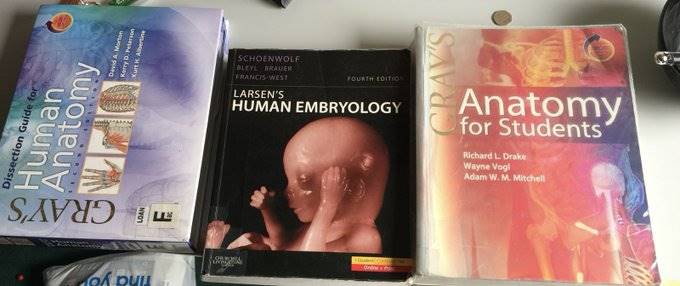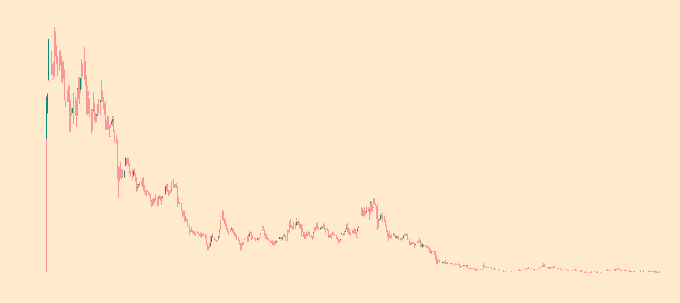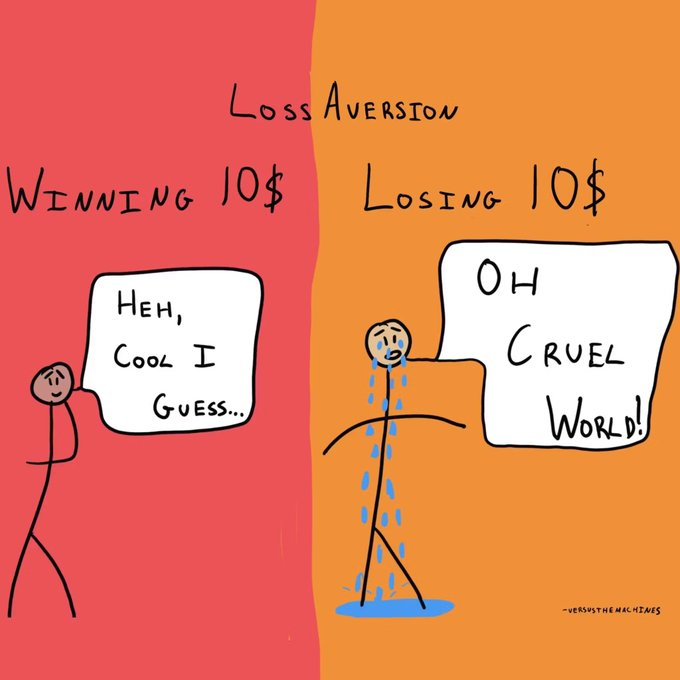"You wasted all your time and energy." — Someone said to me, August 2025.

This is a photo of the first batch of books I took during my first week as a medical student that I never actually opened or read.
Let me tell you a little story. Almost ten years ago, I started medical school. Back then, I often wondered what I wanted to do in the future. The books in the picture were borrowed from the library. The first week's cases started with embryology and anatomy, and the excitement was real. I would think about the vastness of the medical field, imagine my life as a doctor, and the choices I would have to make after graduation.
The beauty of the medical profession lies in its diversity:
- You can be hands-on like a trauma surgeon;
- Focus on technology, such as diagnostic radiology;
- centered around communication, such as family medicine or psychiatry;
- or by combining various elements through emergency or acute medicine;
- There are dozens of other majors, each with its own unique perspectives, characteristics, and strengths and weaknesses.
At the time, I initially wanted to be a surgeon, thinking ophthalmologist would be cool, too. But I quickly realized anatomy wasn't for me. Although I was good with hands-on work, I found I didn't enjoy spending time in the operating room. Later, I considered radiology, then general practice (family medicine), and even briefly considered gastroenterology. The point is, I only saw medicine as a path forward for myself, and I didn't consider other possibilities.

I never imagined I'd end up in finance, let alone cryptocurrency and decentralized finance (DeFi). But life is full of change. I've had new experiences, met new people, explored new hobbies, and now, almost a decade later, I'm where I am today. In fact, when I first entered medical school, I had no idea what cryptocurrency was. Looking back, the journey from that point to where I am now has been amazing.
A few days ago, at an event, someone said to me, "You wasted all that time and energy leaving medicine." I've heard similar statements many times over the past few years as I've gradually reduced my medical practice to focus on crypto. I understand that these comments are sometimes driven by concerns about security and stability, but they're wrong. In one word, it's " human capital ." All the learning, experiences, skill development, and memory accumulation have made me who I am today. They haven't disappeared! For me, this includes everything from communication skills to critical thinking and memory to the ability to truly treat patients, whether acute or chronic. These skills are still a part of who I am.
Sunk cost fallacy
The main message I want to convey to you is this: Don't fall into the sunk cost fallacy. I see this a lot in medicine, and perhaps some of you have experienced it too. Just because you've invested a lot of time and energy in something doesn't mean you need to make it your life's work.
The sunk cost fallacy is our tendency to hold on to something—whether it's emotional, financial, educational, or psychological—even when a better opportunity presents itself. For example: You invest in a newly launched Altcoin, tipped to be the next big thing, and you pour some money into it. However, a few months pass, and you discover it's underperforming, with other projects in the market performing better and the team's plans for the next product update lagging significantly. Despite this, you choose to hold on to your coins.
Why don't we just sell it and move on to other opportunities?

The sunk cost fallacy once again emerges as the winner, as it causes us to prioritize past costs over future opportunities when making decisions. We become so focused on the resources we've already invested that we overlook alternatives (for example, in many cases, simply selling that altcoin for Bitcoin would be a better decision). This phenomenon stems from our irrational behavior, often overly influenced by our emotions. This fallacy is also closely related to commitment bias and loss aversion, which every cryptocurrency investor or investor has likely experienced.

What can we learn from this?
Take my own experience, for example. When @0xBobdbldr contacted me and asked me to join him and do something completely different in DeFi, I was already working in crypto part-time while still practicing medicine. I was at a crossroads: should I go full-time in crypto? For me, DeFi presented a once-in-a-lifetime opportunity to participate early, create impact, and, importantly, change my own life and the lives of others. This choice, informed by future returns and avoiding the sunk cost fallacy, helped me overcome this internal struggle.
It's perfectly okay to let go of things in the past. Some things are irreversible and may involve high costs, but the potential benefits of the alternative may far outweigh the thing you're holding on to. As mentioned above, this could be a job, an upcoming event, or even an investment you've already made.
- Accept and learn: You may have made a mistake, a poor choice, or there may simply be a brighter alternative waiting for you. It is a good thing to embrace change and let go of irreversible costs.
- Try to think rationally, not just emotionally, especially when it comes to investment decisions.
- Focus on future gains, whether it's new investment opportunities or a new career that awaits you, and use data and metrics to support your decisions.
I love people who ask questions like, “If you sold your holdings today, would you buy them back tomorrow?” I think in many cases, the answer is probably no!








